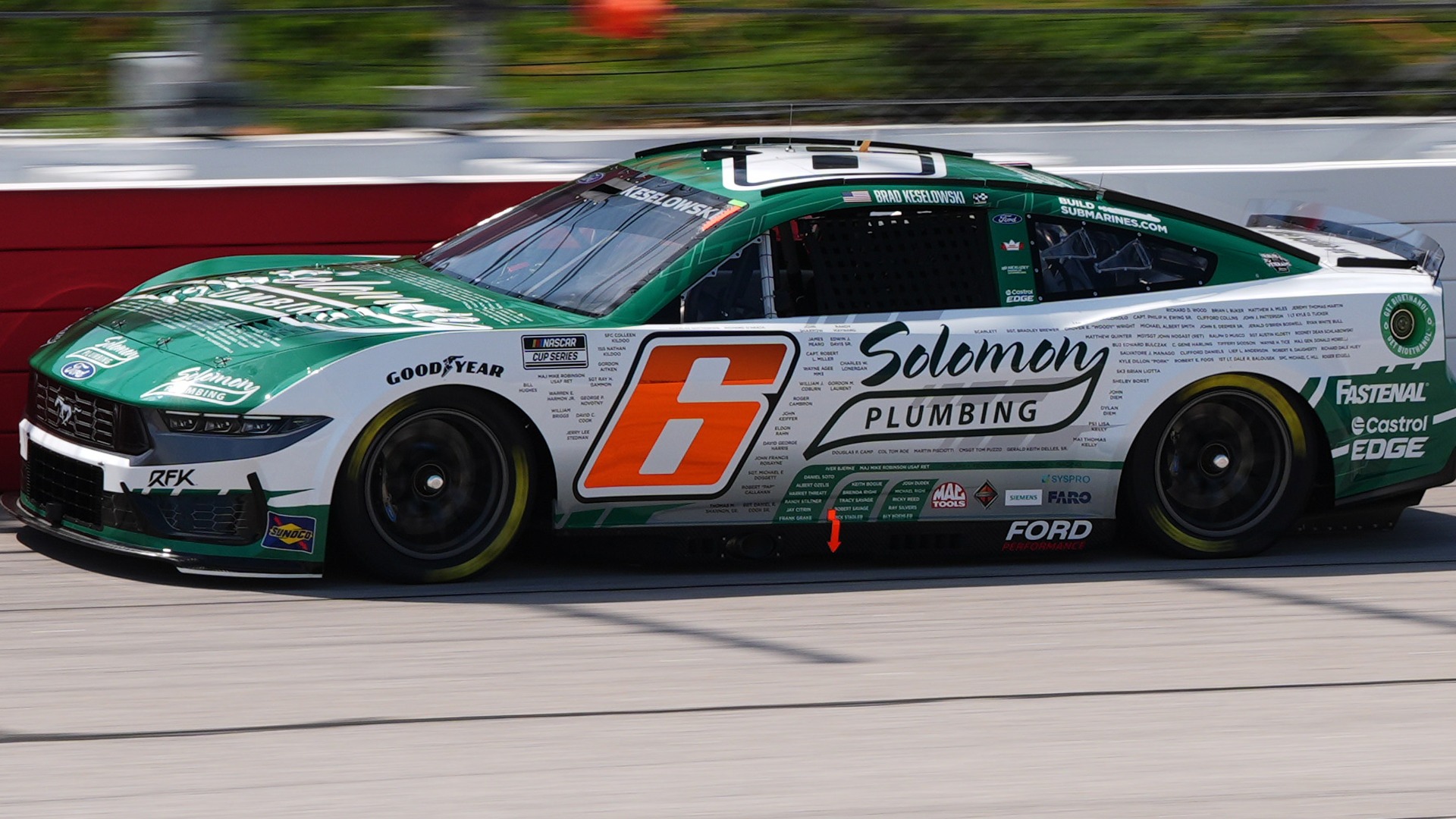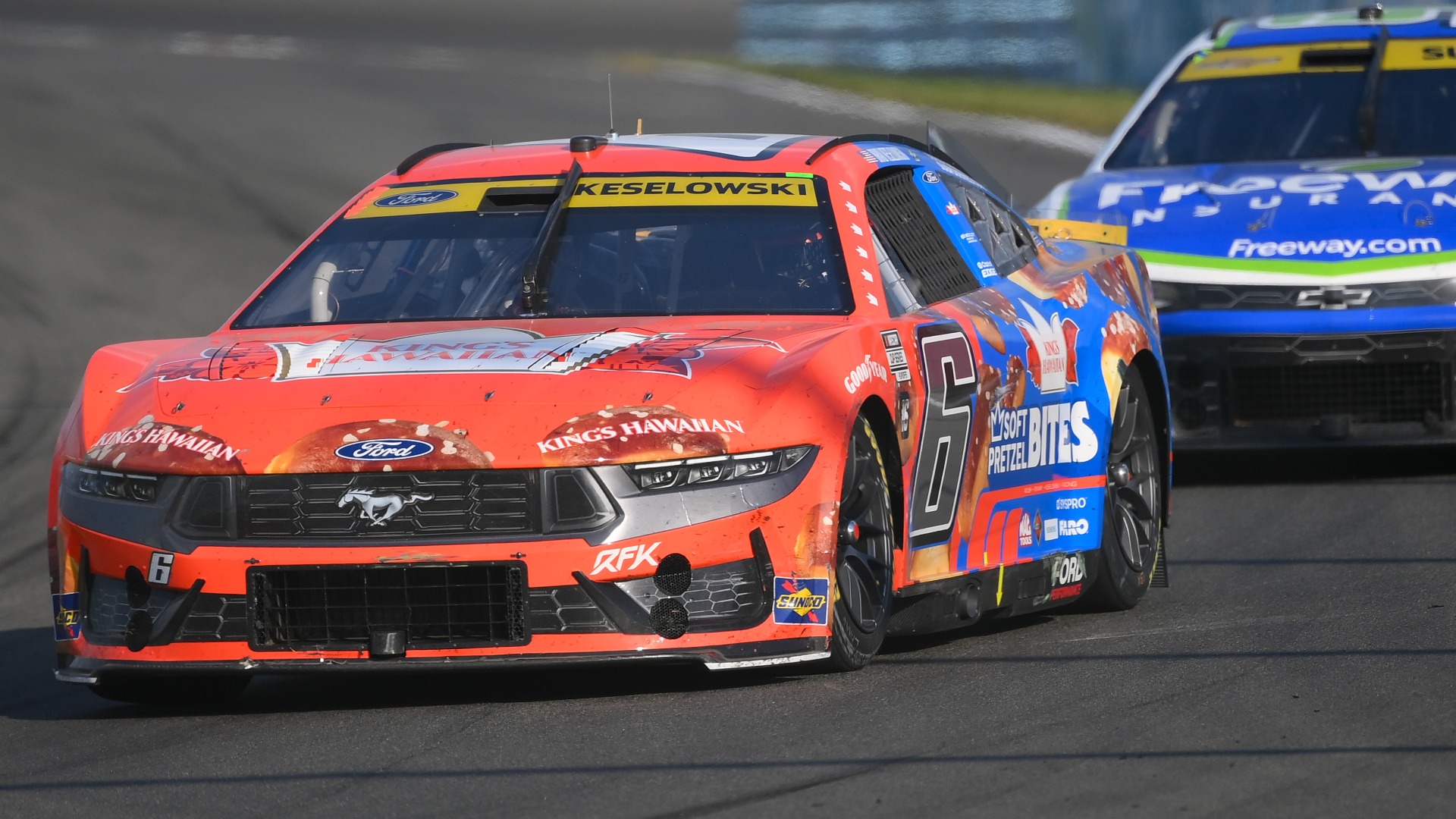Ride-hailing companies, such as Uber and Lyft, can put all the self-driving vehicles they want on the roads. None of it will matter, though, if people aren’t willing to get inside them.
When compared with automakers and major technology companies, consumers are far less likely to trust ride-hailing firms to build autonomous vehicles, according to a recent study conducted by data analysis company Inrix, via Automotive News. About 30 percent of 5,045 drivers surveyed said they’d trust traditional automakers to build driverless cars, compared to 20 percent for tech giants such as Apple and Google and 4 percent for ride-hailing companies.
“Consumers and drivers have trust in these long-running corporations,” Bob Pishue, senior economist at Inrix and co-author of the report, said, via Automotive News. “Rideshare companies are newer, and although they’re popular, people tend to trust those they’re most familiar with.”
The remedy, though, might not be to raise awareness. Rather, it could lie in mutually beneficial partnerships, such as the one recently forged by Lyft and Waymo.
“Partnerships are a solution to help you appeal to all age groups,” Pishue said.
Both Uber and Lyft have ramped up their respective self-driving vehicle efforts in recent years, though their intentions have varied and results have been mixed.
Although its autonomous program has been around longer than Lyfts, Uber’s experiment hasn’t aged well, as it’s dealt with suspensions, angered city officials in Pittsburgh and been at the center of an ongoing legal battle. As for Lyft, while the company’s deal with Waymo seems like a great thing, its aspirations for self-driving technology seem to be a little far-fetched.
Thumbnail photo via Volvo



